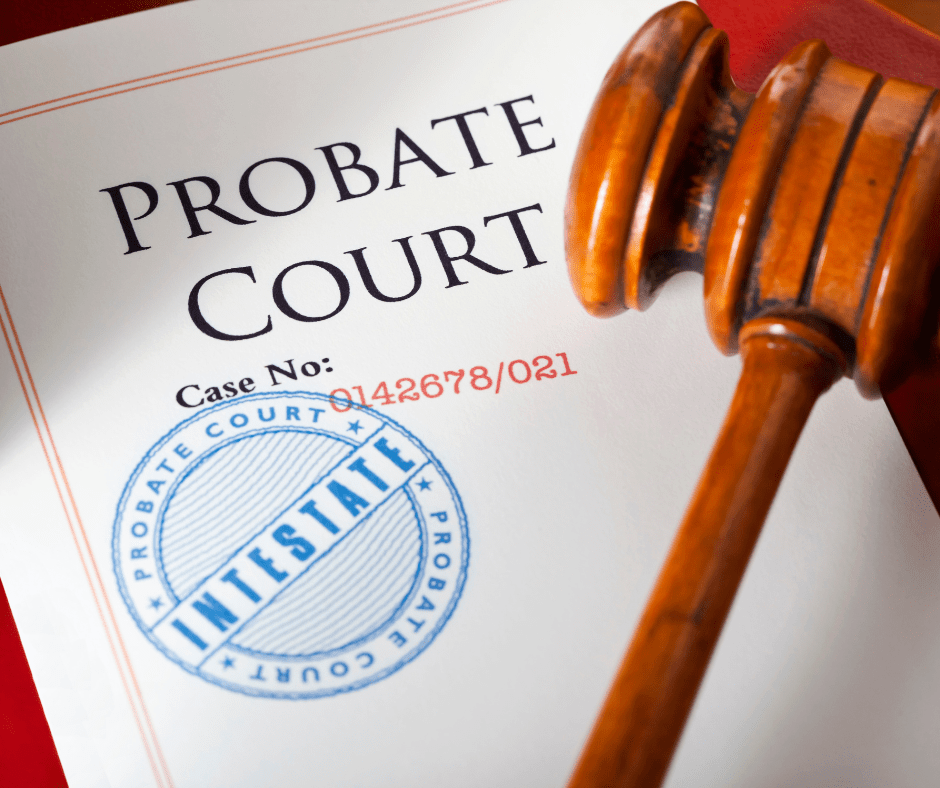Probate court gets a bad rap. If you’ve been reading about estate planning, you’ve no doubt encountered the raft of articles warning you of how bad the process can get. The fees will eat you alive, they say; the process is worse than sorting grains of rice, they exclaim; you’re family will tear itself apart, they warn. However hyperbolic, these are all valid concerns and yet the narrative is a little unbalanced. Probate court has a time and place and if you want to make sure your assets go as far as possible after you die, it’s important you know when this may (and may not) be.
What is Probate Court? Setting the Record Straight
In the simplest possible terms, probate court is the part of the judicial system that oversees the administration of wills, estates, conservatorships, and guardianships. It’s the first stop in your estate executor’s journey to administer your assets and, for many, it’s the best way to ensure your belongings end up where you intend after you’re gone.
Probate court can be a nightmare, but it doesn’t have to be. Those with complex assets or families may want to consider strategies to avoid probate (more on that later) but those of a simpler profile need not fear the process.
Probate involves three main stages.
First, a person’s will is authenticated. This is generally straightforward as long the document is properly drafted and no other competing wills exist.
Second, the court empowers the individual named as executor in the will to take control of the deceased’s assets. This person is responsible for inventorying everything the deceased owned, paying all legitimate creditors, and distributing what remains according to the terms outlined in the will.
Third, the estate is closed. The executor affirms in front of the court that all assets have been properly distributed and the process comes to an end.
If this sounds simple, that’s because it is—sort of. Like all legal processes, probate is full of pitfalls and so it is crucial that you seek guidance from an experienced estate planning attorney. However, even the best counsel can’t ensure things go smoothly if family tensions arise or involved parties choose to launch a legal challenge.
When probate gets messy, it gets really messy—and costly, too.
Why Avoid Probate Court?
A lot of people choose to distribute their assets using a living trust instead of a will as a means of avoiding probate and it’s important to understand why.
People seek to avoid probate court for three reasons: it’s slow, it can be costly, and it’s not private.
“How long does probate take?” is a seemingly benign question that can elicit wild answers. If your estate is simple, it may be six months. If you’re the Artist Formerly Known as Prince and your estate is very not-simple, it may be six years.
The cost of probate depends on the complexity of the process. This is determined by the types of assets you hold and whether or not any family members choose to contest your will.
Finally, it’s important to know that probate court proceedings belong to the public record. Anyone who cares to can review your estate and learn to whom your assets passed.
If any of this gives you pause, you might want to plan to avoid probate. To learn more about how to do this or to seek counsel related to navigating probate court, do not hesitate to contact the Polaris Law Group either by calling or using the contact form on our webpage.

